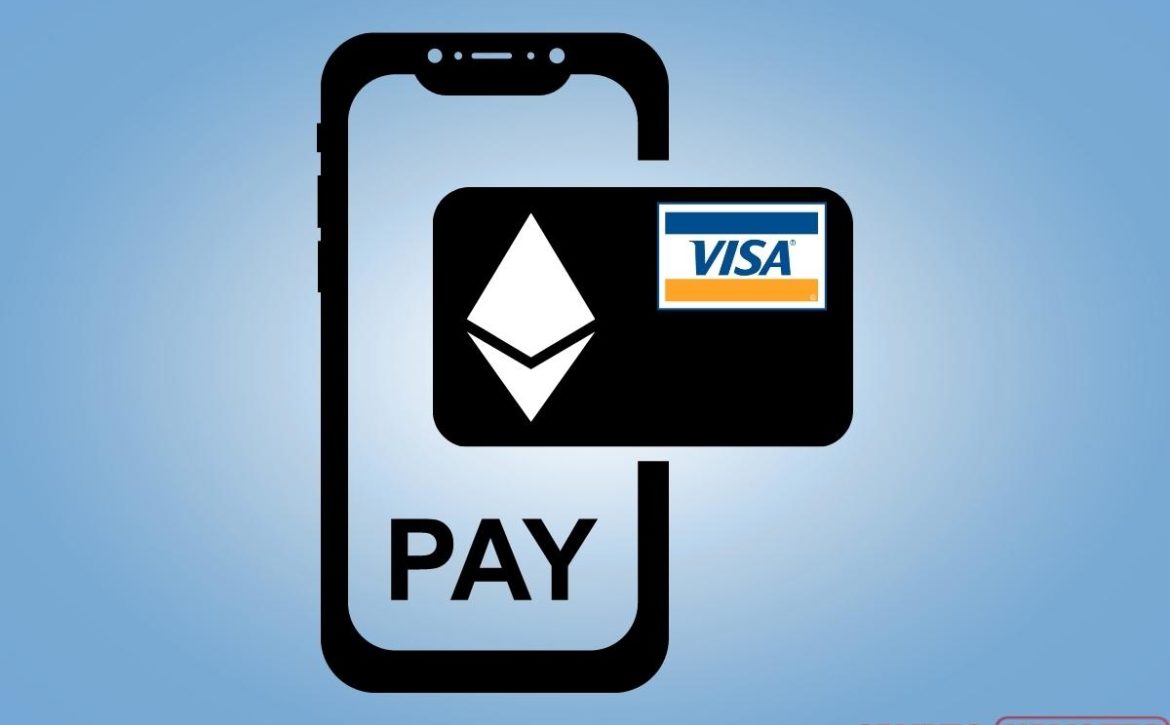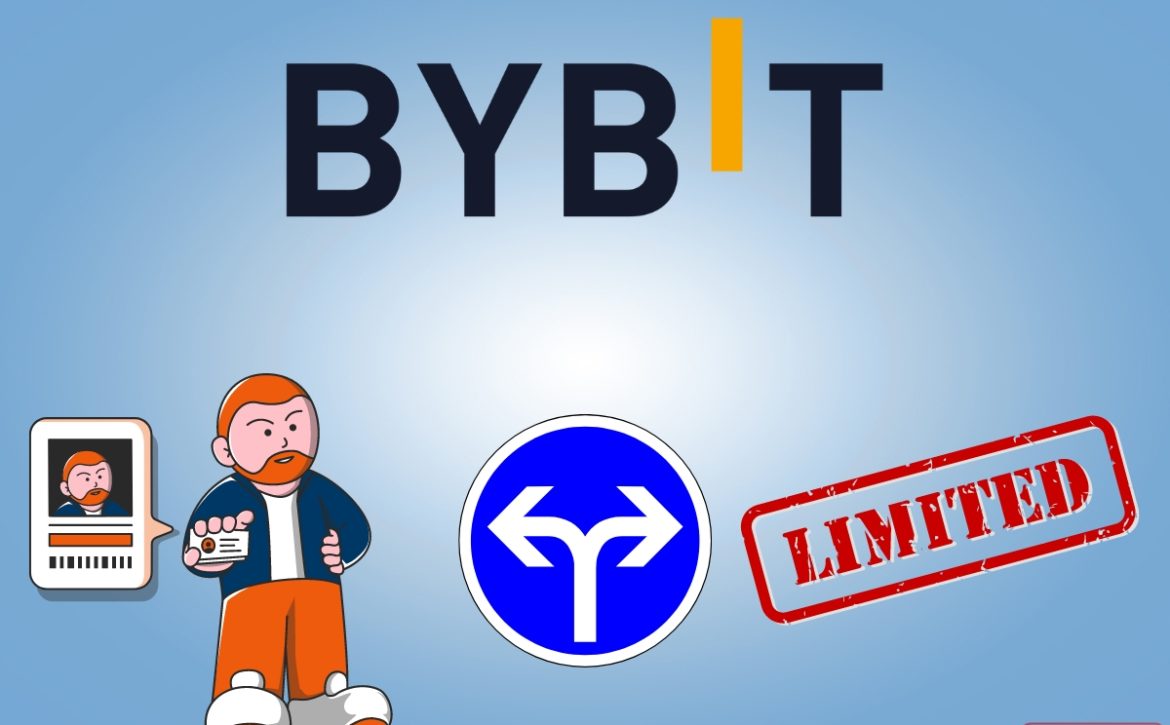Crypto-Upvotes experts told about the threat of massive asset outflow from the largest cryptocurrency exchange Binance and its opaque financial statements.
Binance is trying to reassure investors of its financial strength after the collapse of rival exchange FTX. The effects are still being felt in crypto markets. Billions of dollars worth of cryptocurrency were withdrawn from the exchange in a matter of days.
Outflows from Binance could range from $6 billion to $8 billion, including Bitcoin and other cryptocurrencies such as Tron.
At the same time, analyst firm Nansen reported that users of the trading floor withdrew $3.6 billion in Ethereum. And ERC-20 standard tokens in seven days, while $2 billion was withdrawn in just one day.
After the collapse of FTX and subsequent series of bankruptcies of leading crypto players, major crypto exchanges are trying to convince their customers. That they have enough assets in their wallets and user funds are safe and remain available for withdrawal. Earlier this month, accounting firm Mazars produced “proof of reserves” reports for Binance and other exchanges, including Crypto.com and KuCoin.
At the end of an already difficult week for Binance. Mazars said the firm had suspended activities related to audits of companies in the cryptocurrency industry. This is due to concerns about how such reports are perceived by the public. According to Financial Times sources, media hype was one of the factors that influenced the decision of Mazars.
Published reports on crypto exchanges’ reserves are severely limited in data compared to the results of traditional corporate account auditing procedures. Mazars uses what are known as “consistent procedures” to report on reserve validation. But it does not use asset analysis in the usual sense. No assurances or conclusions are given on the figures in the report in this kind of verification.
Reasons for auditing companies to refuse to work with cryptocurrency exchanges
Mazars’ decision to stop working with Binance. And also for others exchanges was not prompted by specific financial problems at any of the exchanges. The firm’s work was severely limited, and the auditors did not delve too deeply into examining the financial situation of the cryptocurrency platforms.
From a risk perspective, what’s happening with Binance could cause secondary problems. A significant outflow of capital from any business can create local liquidity problems. Even if an exchange is able to cover 100% of deposits, it does not mean that it has sufficient funds or liquid investments.
“The ironic thing about what is happening is that the main trigger in a series of bankruptcies in the cryptocurrency market was the rumors that the head of Binance. Also spread in the public space and his verbal manipulation. And now the main problem for his exchange is the emergence of the same type of rumors around Binance.” – said our expert.
“Black Box” new name for Binance
December 19, Reuters released a story that calls Binance a “black box,” referring to the corporate documents and declarations of the exchange, copies of which journalists were able to access. Among the claims against Binance are the concealment of financial data and the share of its native token (BNB) in the balance sheet. The article also mentions security risks in margin trading. And another portion of doubts about the real volume of user funds reserves.
It has become customary for Binance and its head Changpeng Zhao to publicly refute loud statements by journalists as in official publications of this exchange. And in personal social networks in front of millions of followers. Zhao has repeatedly assured that the Mazars report is “further confirmation” that the exchange’s assets equal or exceed its liabilities to customers.
In the case of Binance, we can talk about an excellent marketing strategy. Which provided a stable inflow of new clients for several years ahead. Therefore, potential liquidity problems may be smoothed out or may not even have started.
Assets on wallets with public addresses of Binance amount to more than $60 billion. This information can be checked through any blockchain browser or on special pages of services that track reserves of cryptocurrencies. At the same time, the company does not disclose information about its liabilities. This makes it difficult to determine its actual financial position.
How stable is crypto exchange Binance?
If the outflow of client funds continues, Binance may have a serious need to plug the holes and credit. And who will give it after the collapse of FTX? That’s the biggest question.
If Binance collapses, it will postpone the recovery of the crypto market for many years. And any positive developments in the next two years could lose any positive impact on the Bitcoin exchange rate.
Theoretically, if we consider the collapse of Binance in FTX scenario. It would cause infrastructural problems for the entire cryptocurrency market. On the one hand, the market would survive and exist regardless of the ability of specific projects to sustain their work. On the other hand, the “huge in its scale project decline” associates the crypto market with Binance.
However, in reality, such an apocalyptic scenario has a rather small chance of realization, our expert believes. Therefore, one should not seriously talk about an urgent withdrawal of funds from Binance.
Rather, the more people do not give in to the trend of cryptocurrency withdrawal, the higher will be the safety of each of participants. For each individual isolated investor, it is more profitable to withdraw money outside of exchange. But at the same time, if the majority will continue to keep cryptocurrency inside the project, it will keep Binance stable and will be beneficial to all, says our expert.









